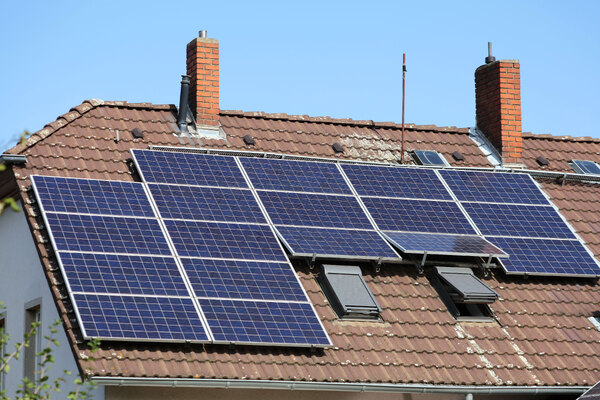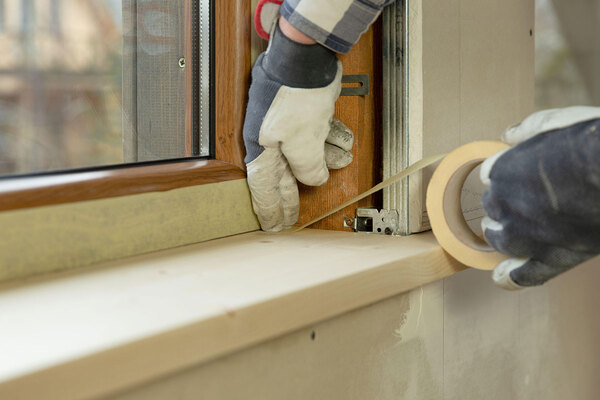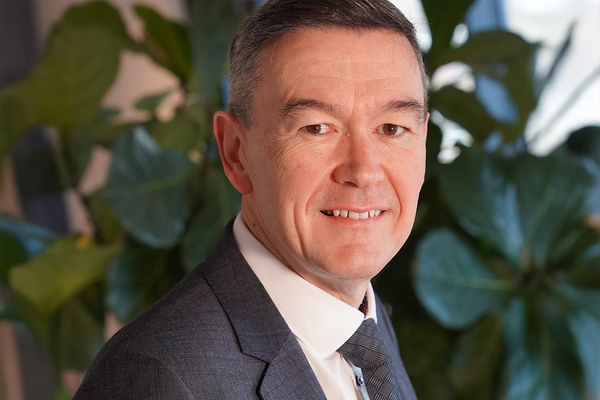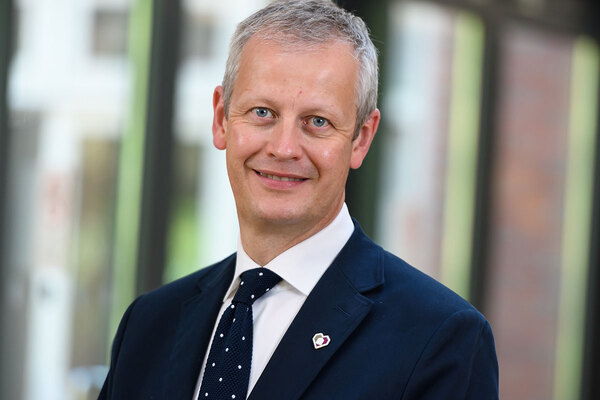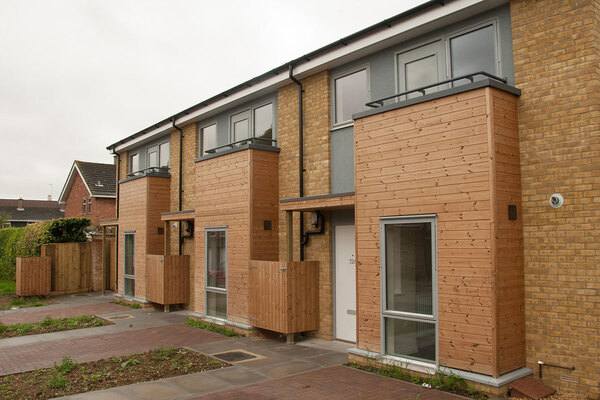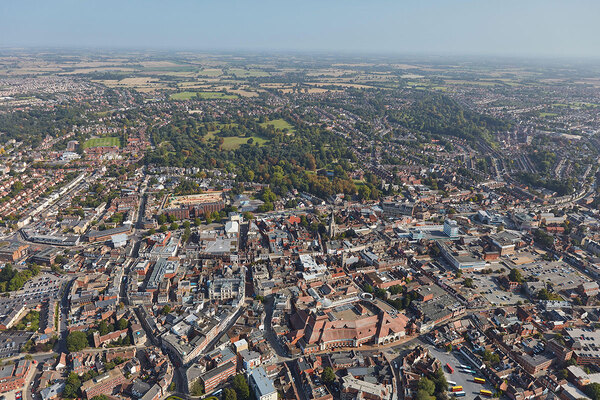Northern Ireland sees £67m invested in energy efficiency and carbon reduction in 2022-23
Northern Ireland received a £67m investment into energy efficiency and carbon-reduction measures from the Housing Executive, Department for Communities (DfC) and EU funding last year, according to a new report.
The Home Energy Conservation Authority (HECA) report showed the funding was invested across several programmes, including £21.3m from the Northern Ireland Housing Executive (NIHE) for heating and boiler conversions in 4,596 of its homes.
In total, the 85,000-home landlord and the DfC invested a record £53.5m, with an additional £13.4m of EU funding.
In 2022-23, 3,308 private sector homes received an investment of £16.3m from the DfC as part of the Affordable Warmth Scheme, which is managed by the Housing Executive.
Across the private and public sectors, £7.4m was also invested in energy efficiency and heating programmes by the Northern Ireland Sustainable Energy Programme.
The Housing Executive spent £6.1m on double-glazing installation.
In a joint foreword to the report, NIHE chief executive Grainia Long and chair Nicole Lappin, said: “When we factor in the Social Housing Development Programme (including private finance) and maintenance across our landlord stock, over £600m was invested into the Northern Ireland economy, drawing on resources from the Department for Communities and the housing association sector alongside our own resources.”
Robert Clements, the Housing Executive’s head of sustainable development, said: “We continue to work hard to deliver energy efficiency and carbon-reduction measures, which make our homes warmer and saves money on energy bills.
“A range of interventions are helping us achieve this, including retrofitting, the introduction of low-carbon heating options and the use of renewable energy for power generation and electric storage.
“In collaboration with partner organisations we continue to explore new ways to improve energy efficiency and decarbonise the residential sector, with the key focus on reducing the financial pressure on householders, carbon footprint and improving health and well-being.”
Sign up for our Northern Ireland bulletin
Already have an account? Click here to manage your newsletters


